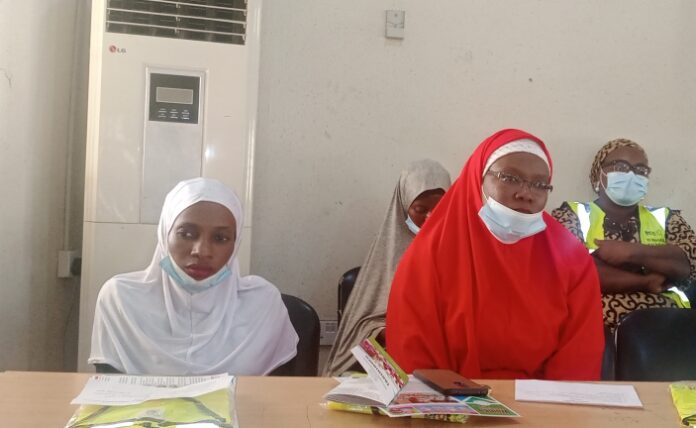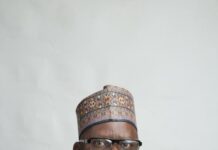People with disabilities lament stigmatisation
Story from Ahmad SAKA, Bauchi
People Living with Disabilities in Bauchi State have lamented that the stigmatisation and maltreatment they encounter in their homes often lead them to beg for alms on the street and sometimes, they are sexually abused.
The representative of a Non-Governmental Organisation, Heal Initiative Development, Aisha Adamu, stated this in a goodwill message during a one day programme to mark 16 days of activism organised by the Development Exchange Center, Bauchi.
READ ALSO: Jigawa Gov’t to launch Disability Trust Fund for women, children
Aisha alleged that “Most of the challenges we often face sometimes first come from our parents and then the community. For example, when some parents give birth to a disabled child, they begin maltreating them as if they are not humans. Their needs are not being catered for and they are treated with disdain.
“It is from there that many of us start facing this stigmatisation in our hearts and low self-esteem that since we are not being catered for, even by our immediate family, then, we are not useful in the society. When a child faces such stigmatisation from home, he’s not sent to school, his needs are not provided for and because he is humiliated and despised at home, they end up begging on the streets especially the female child.
“The moment she starts begging for alms, that’s when miscreants will take advantage and abuse her sexually, emotionally and sometimes physically. This happens because they see you cheaply looking dirty without help and they take advantage of you.
“Even if they rape you and impregnate you, nobody will fight and get justice for you because you are a disabled person as if it was your making. So, we call on the government to also prosecute perpetrators of sexual and gender-based violence to serve as a deterrent to others,” she stated.
The Coordinator, National Human Rights Commission, Bauchi State office, Yachi Dala, lamented the rising cases of violence in the home pointing out that children end up being affected.
“We have rising cases of domestic violence. Most of the cases we have are spouses beating their spouse; apart from physical violence, there is also psychological, emotional and economic violence where a spouse is deprived of going out to work or intentionally deprived of money for the upkeep of the family. The children are most affected because of their vulnerability.
“When there is an issue between a father and a mother, the children may not be directly involved but it will always affect the children. Denial of access to children is also another form of violence.
“We have found out that people don’t come out to report cases of violence because of shame in the family, the family doesn’t want the society to know that one of their own has been sexually violated. So, there’s pressure from the family not to speak out but even when these cases are reported, it’s the same family that would go and withdraw those cases.
“There is also the fear of reprisal from the perpetrators. The perpetrators may have threatened the family of the victim. We also have cases where when the victim identifies the perpetrator, he would then run and lodge a complaint of defamation of character.
“Lack of accountability is also another issue. Perpetrators are not held accountable, so that discourages others from coming to report because they feel when they come out to report, they won’t get justice,” she said.
Dala called on the government to be proactive saying, “it’s a call to action and it’s not just the government but every stakeholder. For the government, where there are laws, they should implement them and they should have the political will to ensure that those laws are implemented and hold perpetrators accountable.
The Head of Programmes, DEC, Samuel Yalmisun, said the programme was organised to create awareness on the dangers of gender-based violence which mostly affect women and girls.
He said “When you look at the trend of events in our society today, a lot of women are suffering in silence, they are victims of gender-based violence but they don’t have a voice. So, for us, we feel there is the need to amplify their voice and at the same time, encourage them to be able to speak so that speaking out, will also help those concerned to take action.
“This organisation was established 100 per cent for women and aimed at lifting up their status because they are left behind on so many issues. Some of them are being killed; some are raped, among others.“
Follow the Neptune Prime channel on WhatsApp:
Do you have breaking news, interview request, opinion, suggestion, or want your event covered? Email us at neptuneprime2233@gmail.com





